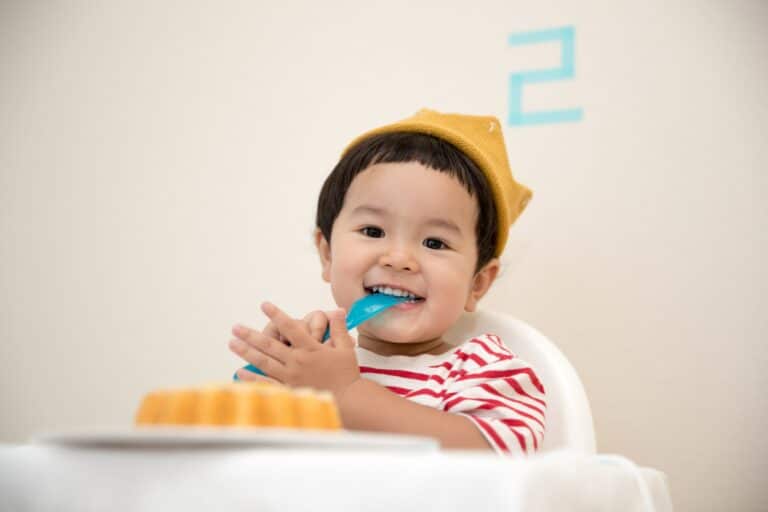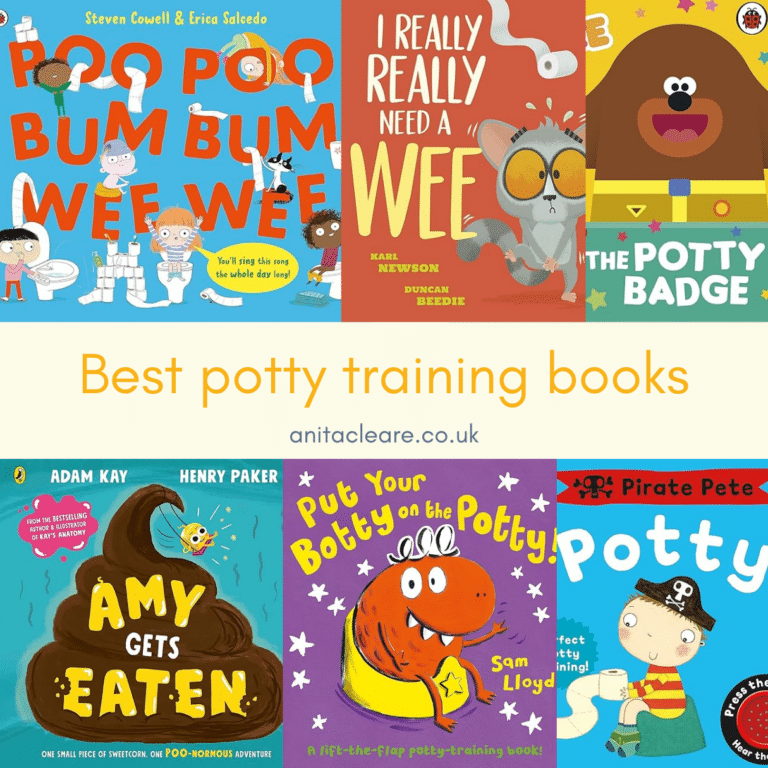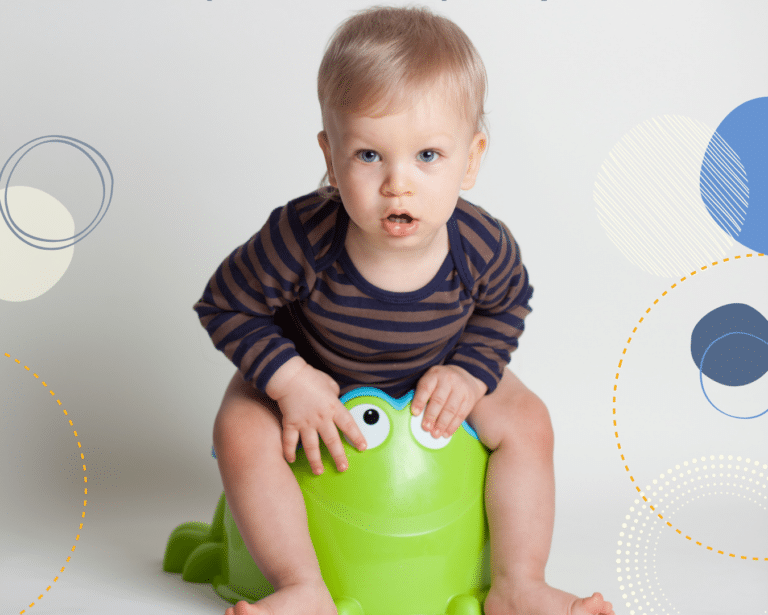Toddler Food Battles: Seven steps to stress-free mealtimes
There are certain battles that grown-ups will always lose if they go head-to-head with children. Toileting is a classic: there is absolutely nothing that a parent can do to force a child to produce wee or poo when commanded.  You can beg, bribe, shout, cajole and even strong arm them onto sitting on the toilet, but unless they choose to relax their muscles and let it out you aren’t going to get the result. You simply can’t make it happen.
You can beg, bribe, shout, cajole and even strong arm them onto sitting on the toilet, but unless they choose to relax their muscles and let it out you aren’t going to get the result. You simply can’t make it happen.
Toddler food battles are a similar power struggle. We can’t force children to eat – fact. But I have met plenty of parents who try to do exactly that, meal after meal, and then beat themselves up for failing (and for trying). Why?
Food is an emotional issue. Feeding is our most fundamental parenting job – it’s how we grow our children from a handful of cells into healthy big people. Without food, children cannot thrive: it is the most basic act of parental love and nurturing.
For those of us privileged enough to have ready access to food, feeding children should be quite simple. But from the moment mums find out they are pregnant, food becomes a pressure point. What you should and shouldn’t eat. How much you should and shouldn’t eat. The damage you will do to your unborn child if you consume the wrong things. Breastfeeding, or not. Regular weighing to check our babies are getting enough (but not too much). Weaning brings a whole new list of do’s and don’ts. Baby-led weaning? What about lumps? Choking risks. Peanuts will give them allergies – no, hold on, peanuts will stop them having allergies. Too much fruit. What about meat? But my child only likes milk…… We put so much effort, thought and anxiety into getting feeding right. It really matters to us.
So when our toddlers (or preschoolers) close their mouths and refuse to eat it’s hardly surprising we’re ready to implode. So many mums find themselves at the end of their tethers (or beyond) because of toddler food battles. “My child won’t eat.” “She won’t sit at the table.” “He hardly eats anything.” “He only eats bananas.” “Mealtimes are a nightmare.” We feel judged. We feel like failures. We feel incredibly frustrated and annoyed. And sometimes we resort to the kind of behaviour we don’t like in ourselves. “I swear he’s doing it just to wind me up.” Sound familiar? Then it’s time to try something new.
So if you’ve found yourself stuck in a rut of heated toddler food battles, take a deep breath, step away from the blame game and try these seven simple steps to take the fight out of food and put the yummy back into mummy…
1. Accept the situation
You cannot force your child to eat (and if you try it’s only going to get ugly). When faced with a battle you can’t win, the best solution is to stop fighting. That doesn’t mean accepting defeat, just acknowledging that head-to-head battling is a waste of effort and will actually make the situation worse.
2. Understand your strengths
When it comes to stubbornness, toddlers are the world champions – there is no point trying to out-stubborn a toddler. But adults do have two aces up their sleeves: superior brain power and an eye for the bigger picture. Food is an issue you will make best progress on by keeping your eye fixed on the ultimate end goal (i.e. producing a fully grown healthy adult who makes good choices). And through the cool consistent application of a strategic approach.
3. Identify their pay-off
Children tend to repeat behaviour that gets your attention (or some other reward). If you get stressed and emotional during mealtimes you may accidentally be rewarding them when they refuse to eat through big reactions and concentrated (even if negative) attention. Or perhaps your strategy when they don’t eat is to play with them, make them laugh, trying to distract them so you can spoon the food in without them noticing? Those fun games and lovely smiley attention might be quite a big pay-off for behaviour you’d rather they didn’t do! Or maybe you fret so much when they haven’t eaten that you compensate them with extra milk or pudding or snacks or make them a whole new meal? Children repeat behaviour that gets a reward: identify any rewards for not eating and remove them.
4. Examine the facts
Is your child healthy and growing and meeting their milestones? Do you have realistic expectations of how much / how quickly / how tidily they should eat? Maybe your child’s not hungry today? If you stopped battling every spoonful into their mouth, what would happen? Maybe they wouldn’t eat that meal? Or that day? Or for a few days? But have you ever heard of a child starving themselves to death when food was available? No, it doesn’t happen. “But if she doesn’t eat lunch, she’ll get hungry and eat snacks!” So, offer her an apple or some grapes, a healthy snack to tide her by and if she is still hungry she will choose to eat more of her dinner. Your child may not eat as much or as quickly or as many of the foodstuffs that you would like, and some days she may hardly eat anything at all, but if you are putting a range of food in front of her and providing a few healthy snacks she will not starve herself.
5. Take the emotions out of it
You need to find a bit of Zen. Your child won’t starve. They will eat enough to meet their needs. The food might end up in the bin (you could freeze it?) or on the floor. Oh well, never mind. Your toddler might be whiny and grumpy later. Hey ho, she might have been grumpy about something else anyway. She might eat everything on her plate and develop a new passion for broccoli. Whatever. Find your inner peace. Imagine you are chilling on a beach in Bali. Or just before dinner read a funny mummy blog about toddlers to make yourself laugh. Do what works for you to take the heat out of the mealtime moment.
6. Use rewards and encouragement smartly
Pay attention when your child eats something, ignore them when they don’t. Every time something goes in their mouth bring out your big smiles and lots of praise. You can back this up with rewards if needed – a smiley sticker on their hand or t-shirt for every mouthful. Maybe five stickers could earn a special reward? Or, if they don’t like stickers, try pennies or Lego pieces or bouncy balls in a big jar. And if they take more than five mouthfuls? OMG, OTT the praise: phone Grandma to tell her all about it, dance round the kitchen with them, play their favourite game. Slowly, you can move the goalposts bit-by-bit, making the rewards just a little harder to earn, until eating nicely just becomes a habit backed up by attention and praise. And if they don’t eat? Go Zen, turn off your attention and calmly remove the food.
7. Break it down into small steps
“But my child won’t even sit at the table long enough to take a mouthful!” So, if you can’t get there all in one manoeuvre, identify some stepping stones to get to the end goal. If sitting at the table is the issue, then forget about the food and start with the sitting. Focus your full-beam attention on every time they get it right: catch them being good. Maybe they sit at the table to draw or play games? “Well done, you are sitting at the table so nicely! I really like it when you do that!” Perhaps they could get a sticker for every minute they sit nicely at the table at a mealtime (whether they eat anything or not)? Break down the journey into small steps and just focus on one at a time. Remember, be patient, play the long game and use your superior planning skills!
At the end of it all, your child may never like carrots. That’s ok. (I don’t like carrots but I still manage to function as an adult in society). But if you take the emotions out of mealtimes, keep your eye on the long term and calmly put a wide range of healthy foods in front of them, those toddler food battles will diminish and your children will find lots of things they do like. And you will all enjoy mealtimes a whole lot more!
If you are worried that your child is not thriving or that their diet is really a problem, don’t let that anxiety make mealtimes miserable. Go see your family doctor or Health Visitor to put your mind at rest.
Like this? Subscribe to our newsletters for more.







Love this so much, especially finding your Zen! No matter what approach you take to feeding your children, being calm and stress free is the key to a happy meal time! I also love the way this is written, lovely. I had a good giggle and there are some fantastic points! I will be giving it a share. Ray xx
Finding Zen is easier said than done sometimes, but definitely agree that if we stay calm and unstressed, the kids tend to follow suit!
Awesome post.
Thanks!
I love this post and totally agree – once you get a bit more Zen about mealtimes, things get a whole lot easier. But easy for us to say with hindsight I guess! #TheList
It sounds so simple to do, and it definitely works, but really letting go and not being troubled when they don’t eat goes against all our maternal instincts. I guess the maternal urge evolved at a time when food was scarce and we didn’t know when the next meal was coming!
This is brilliant and I am going to send it to my hubby to read as he usually gives Baby her tea and he gets so stressed when she won’t eat. Thanks for sharing with #TheList x
It’s the stress that does it – a bit of benign neglect can go a long way in certain parenting circumstances!
Great post, completely agree with all your points. I’ve been lucky, my three are all good eaters, but they’ve all had their moments of being picky/refusing to eat. The key thing really is to not make a huge issue out of it, they will eat when they are hungry, forcing them doesn’t help and doesn’t work 🙂 #myfavouritepost
I agree. Even the fussiest of eaters usually turn out to have a reasonably varied diet in the long run!
Mealtimes are much better than they used to be in our house. These are great tips! Visiting from #myFavouritepost
Angela from http://www.daysinbed.com
Thanks Angela!
Some great tips here – we do baby led weaning which I’ve found really helps in the fussiness stakes #MyFavouritePost
Baby led weaning is a great way to hand over power and avoid food battles right from the start!
Brilliant post – I do have some struggles with Pickle but I try and keep calm 🙂 thanks for linking up to #myfavouritepost Kaz x
Keeping calm is the most important bit!
Great post, Boo is a fussy eater, which is mainly from her acid reflux which has sadly cause food averison to some extent. It’s so much easier to try to get her to eat when she thinks she is in control and when everyone is relaxed
I think even the fussiest eaters benefit from a relaxed atmosphere and avoiding power battles! Thanks for stopping by and sharing X
Food has been a bit of an issue in our house, not so much a battle ground but a source of worry. Patience really helped me to get through it, and now the little one is a beautiful eater. It was when I let go that these became easier
Children not eating really does press all our worry buttons, doesn’t it. Well done for staying patient and avoiding the battle!